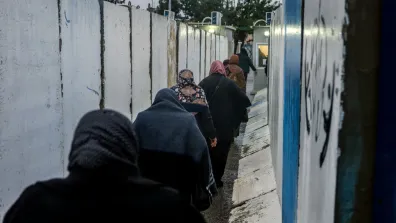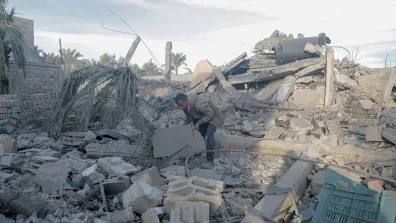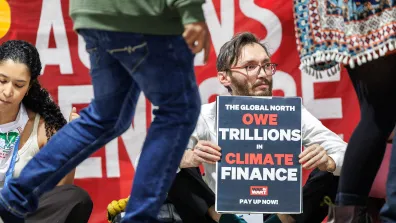MPs debate Palestinian child prisoners
On Wednesday 6 January 2016, MPs held a debate on Israel’s military detention and arrest of Palestinian children. The debate, called by Sarah Champion MP, gave a glimpse of the wide array of MP positions on the topic.
Most of the contributions expressed concern over Israel violating the human rights of Palestinian children and the UK government’s failure to hold Israel to account. But a few MPs defended Israel’s violations, suggesting that it is Palestinians who are to blame for the decades long colonial military Occupation under which they are detained. Andy Slaughter MP aptly responded that they “seem to be living in an Alice in Wonderland world”.
Warm words not working
Sarah Champion MP recounted the horrible conditions faced by Palestinian children in Israeli military detention, stating that “93% of children continue to be restrained with plastic ties, many painfully so, and around 80% of children continue to be blindfolded or hooded, a practice that UK and UNICEF reports said should be absolutely prohibited.”
Champion correctly emphasised that these are not individual instances of abuse, citing a 2013 UNICEF study which concluded that “the ill-treatment of children who come in contact with the military detention system appears to be widespread, systematic and institutionalised throughout the process”.
Caroline Lucas MP stated that “warm words to encourage Israel to act differently are not working”, adding that “…the UK could call for the suspension of the EU-Israel Association Agreement, which has a clause saying that if there are human rights abuses, there is a right to suspend the agreement.“
Louise Haigh MP called out G4S, the British company that provides equipment and services to the Israeli prisons where Palestinian children are held in detention. She also highlighted the UK government’s attempt to ban local authorities divesting from companies complicit in human rights abuses.
Alice in Wonderland world
In contrast to these relevant and timely interventions, some MPs did their best to divert attention away from the topic.
John Howell MP stated that: “We are being unfairly selective against Israel, when we should focus our attention on the Saudi execution of minors.” This was a bizarre point, as the topic of the debate was Israel’s military detention of children, and even stranger given that many of the MPs speaking on behalf of Palestinian children’s rights have in other forums roundly condemned Saudi human rights abuses, whereas Howell himself has a record of bringing up Saudi Arabia in debates only as a way to deflect criticism from Israel.
This debate was long overdue. It’s clear that grassroots campaigns like the StopG4S campaign are helping to shape the debate on these issues in government, and we will continue to press on until justice in Palestine is achieved.
4 key points on Israel’s detention of Palestinian children
1. 6,800 political prisoners—and rising every day
Israel currently holds around 6,800 Palestinians as political prisoners, among them 470 children. This is the highest number of children held in detention for years, and has increased over 200% since September 2015.
660 of those prisoners are held in administrative detention, without charge or trial, and held on secret evidence.
2. Throwing stones: 20 years in prison
Most of the cases of arrest of children are for stone throwing, a minor action especially considering that when stone throwing does occur, it is against one of the most powerful armies in the world committing violent incursions into towns and villages. The maximum sentence for stone throwing is 20 years in prison. Meanwhile, Israeli soldiers and civilians who commit violence against Palestinians are rarely even arrested, and almost always let off with minimal sentences.
3. A time-honoured colonial tactic
Arrest and detention is used as a political tool against Palestinian communities to keep them from speaking out for their rights. This is especially the case with targeting children. Children as young as 12 are often the first to be arrested in raids during or after anti-Occupation demonstrations.
As our partner Addameer has noted, targeting children is intended to keep them from taking political action (such as participating in demonstrations) and to put pressure on their families and communities to stop all social mobilisation. Children are also targeted with the intention of recruiting them to become informants, and the use of physical or psychological violence in the process of arrest and interrogation is a part of that process.
4. G4S: securing Apartheid
British company G4S provides equipment and services to the Israeli prisons where Palestinian political prisoners are held. G4S also provides services and equipment for military checkpoints along the path of the illegal Israeli Apartheid Wall.
G4S has announced in previous years that it will not renew some of these contracts when they expire by 2017, and reiterated the point this year, but campaigners have noted that G4S has deliberately used vague language to express these commitments, and has refused to detail how many contracts it holds, exactly for what, and exactly when they will expire. These promises are clearly a reflection of the strength of the campaign, and are aimed at pacifying protests against the company.



